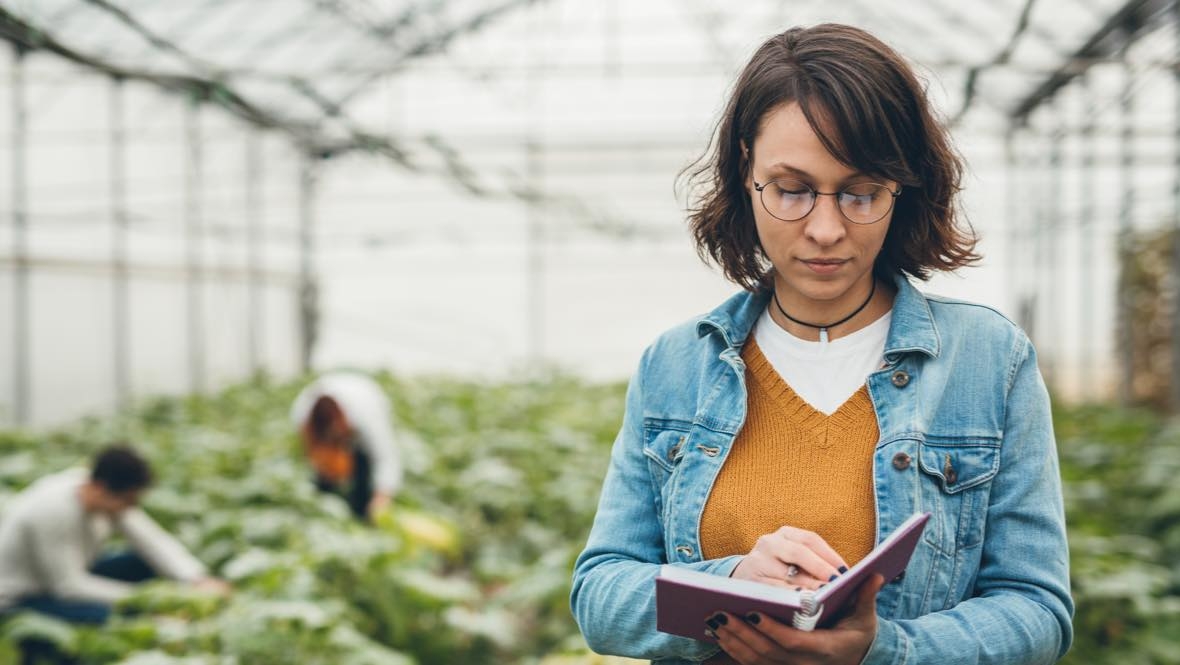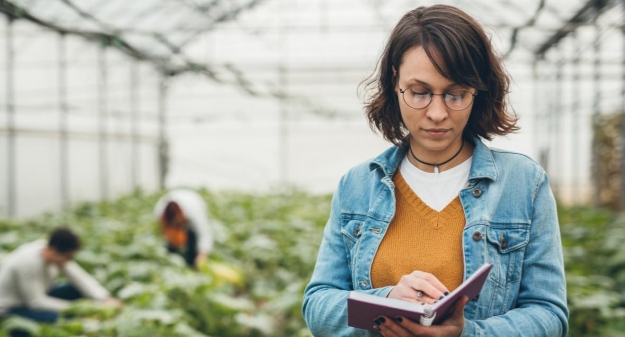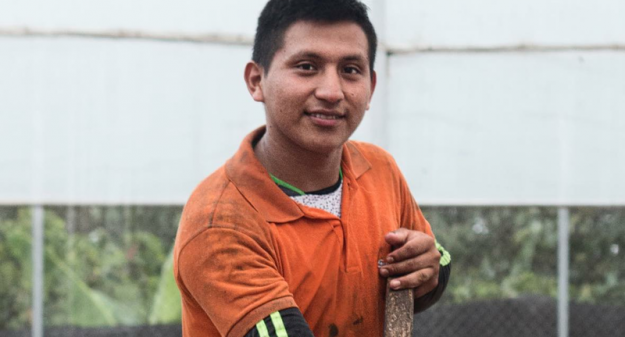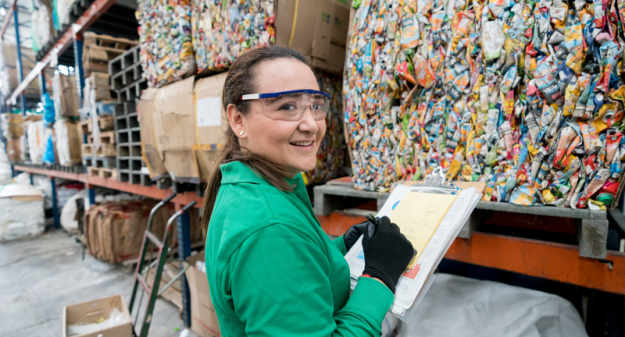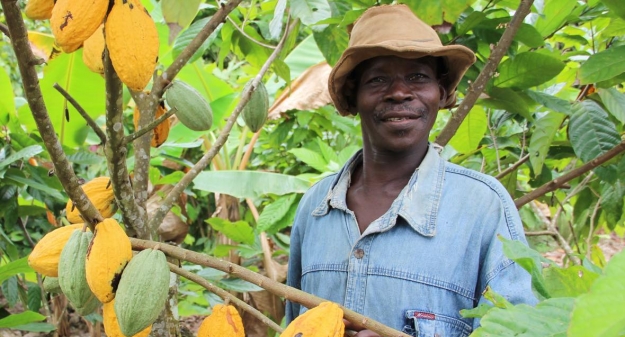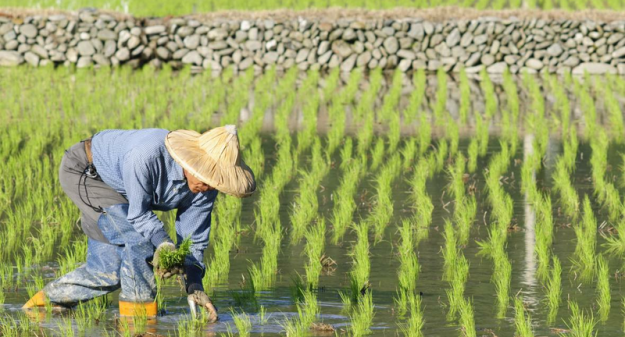As a major food producer, we know how important nutrition is and how the foods we consume influence our well-being, including cogitative capacity and economic opportunities. Unsafe foods, not surprisingly, can have debilitating social and economic consequences.
To put this in context, about 4.5 billion people a year are exposed to mycotoxins, including aflatoxins, which are found on agricultural crops and contaminate 25 percent of the world’s food supply. This results in $600 million to $1 billion in lost earnings. As new threats emerge, we need to take urgent action.
Simply put, if it isn’t safe, it isn’t food. And so, our goal is to combat unsafe foods, particularly in low-income countries, to fix undernutrition around the world.
Our Food Safety & Security Action Plan
We’re taking a stand to mitigate food risks by using science and collaboration throughout value chains: from agricultural production-harvesting, to processing and packaging, and even how consumers store, handle and consume our food products.
The Mars Global Food Safety Center
The Mars Global Food Safety Center (GFSC) is a global hub and state-of-the-art research and training facility designed to address food safety. Our goal is to play a role in combating undernutrition and other causes of unsafe foods around the world, particularly in low-income countries. To achieve this, we partner with governments, academia, non-governmental organizations and industry stakeholders to ensure safer food for all.
The African Orphan Crop Consortium
Across our business segments, we’re using science to advance agricultural productivity and improve food security. One of the ways in which we are doing this is through our involvement in The African Orphan Crop Consortium (AOCC), an organization that focuses on sequencing the genomes of 101 African crops crucial to the culture and diets of millions of African farmers. The goal is to help communities in rural Africa grow more nutritious, high yielding, drought-resistant crops.
AOCC scientists are also training plant breeders and securing funding for advancing and implementing science—and sharing their knowledge publicly. Improving African agriculture can eradicate malnutrition, which affects 30 percent of African children and costs Africa nearly $125 billion a year.
Collaborative Research & Innovation
We also work closely with several organizations that add value, expertise and input on our programs to support food security and tackle undernutrition in developing countries.
To improve food safety and security in developing countries, we’re partnering with many organizations:
-
In 2015 we announced a non-binding agreement with the Tata Trusts to conduct joint research on nutritional guidelines that can help address anemia and other forms of malnutrition.
-
We’ve collaborated with the World Food Program (WFP) to develop manufacturing standards for nutritionally dense foods for populations facing hunger and malnutrition.
-
We’re supporting procurement experts with food safety training, risk assessments and insights into managing food safety in dry production environments.
By taking an open and collaborative approach today, we can help raise global food safety standards of tomorrow, ensuring the world is free from malnutrition and unsafe foods. Read more in our Quality and Food Safety Policy.






